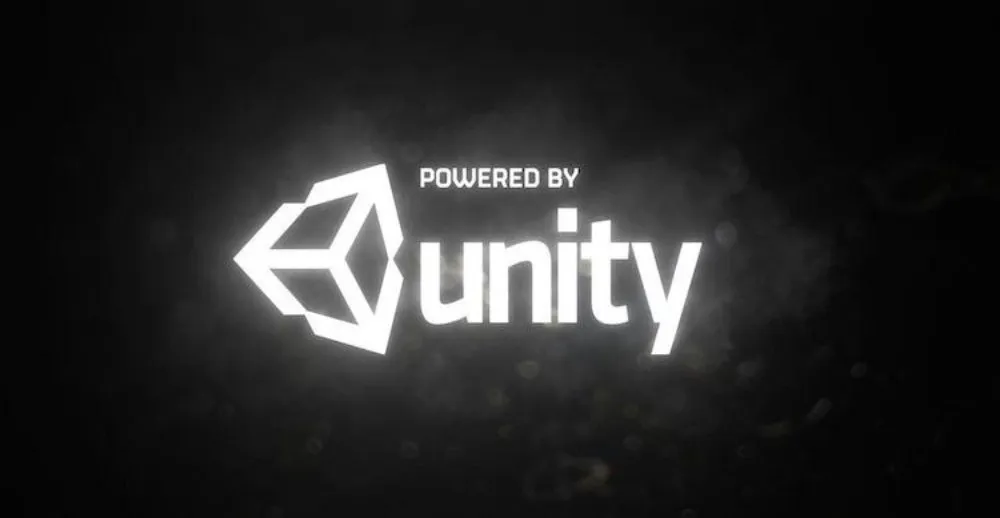Unity’s new billing method has caused dissatisfaction among developers, game studios
Unity’s recent implementation of a new billing method has not only instigated widespread resistance from developers and game studios, but even Unity’s own employees have voiced their discontent towards this adjustment.
According to Unity’s announced billing structure, from January 1, 2024, the charge will be based on the number of game installations. However, the fee charged per installation will vary based on the developer’s chosen plan.
For instance, for games developed using the Unity Personal plan, when installations reach 200,000 and past-year revenue surpasses $200,000, a fee of $0.20 will be charged per installation. On the other hand, games crafted with the Unity Pro plan will, upon reaching 1 million installations and past-year revenues of $1 million, be levied a fee of $0.15 per installation. As for the Unity Enterprise plan, the rate stands at $0.125 per installation.

If a player previously downloads and installs a game, removes and reinstalls it, or installs it on a different device, the actual number of installations is counted. This has sparked a significant backlash from developers, as not only does it increase potential costs, but even games that were initially free might now face higher expenditures.
Furthermore, given that Unity plans to implement this new billing method in three months, many developers and game studios, who’ve spent considerable time building games on Unity, scarcely have time to transition to other gaming engines. Essentially, they seem to be cornered into accepting Unity’s new pricing model. There are growing concerns that Unity may suddenly alter its billing policy due to unforeseen factors, leading many developers and game studios to declare that they will delist all Unity-developed games on the day the new billing method launches, and some even claim they will no longer develop with Unity in the future.
Moreover, Unity recently shut down its offices in Austin, Texas, and San Francisco, California, due to received death threats. It’s reported that a Unity internal employee issued a death threat to the company via social media platforms.
With such adjustments, it might compel many developers and game studios to pivot towards using the Unreal Engine technology under Epic Games. Consequently, Unity could face a significant exodus of users.
Update on Sep 17th:
“We have heard you. We apologize for the confusion and angst the runtime fee policy we announced on Tuesday caused. We are listening, talking to our team members, community, customers, and partners, and will be making changes to the policy. We will share an update in a couple of days. Thank you for your honest and critical feedback.“






